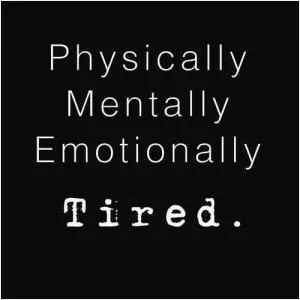Don't let your emotions make your decisions

Don't let your emotions make your decisions
Emotions play a significant role in our decision-making process. They can influence our thoughts, behaviors, and ultimately, the choices we make. However, it is important to remember that emotions are not always the most reliable guide when it comes to making decisions. In fact, allowing our emotions to dictate our decisions can often lead to negative outcomes.One of the key reasons why it is important not to let our emotions make our decisions is that emotions can be fleeting and temporary. They are often based on our immediate reactions to a situation and may not necessarily reflect our true feelings or values. For example, if we are feeling angry or frustrated, we may be more likely to make impulsive decisions that we later regret. By taking a step back and allowing ourselves to calm down before making a decision, we can ensure that our choices are more rational and thought-out.
Another reason why it is important to separate our emotions from our decision-making process is that emotions can cloud our judgment. When we are feeling strong emotions such as fear, sadness, or excitement, our ability to think logically and critically may be compromised. This can lead us to overlook important information, make biased judgments, or ignore potential risks. By taking a more objective approach to decision-making and considering all relevant factors, we can make more informed and balanced choices.
Furthermore, emotions can also be easily manipulated or influenced by external factors. For example, advertisers often use emotional appeals to persuade consumers to make purchases, even if the product may not be the best choice for them. By being aware of how our emotions can be manipulated, we can guard against making decisions that are not in our best interests.












 Friendship Quotes
Friendship Quotes Love Quotes
Love Quotes Life Quotes
Life Quotes Funny Quotes
Funny Quotes Motivational Quotes
Motivational Quotes Inspirational Quotes
Inspirational Quotes